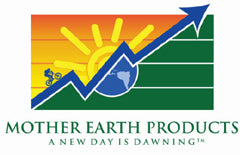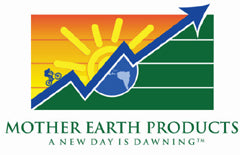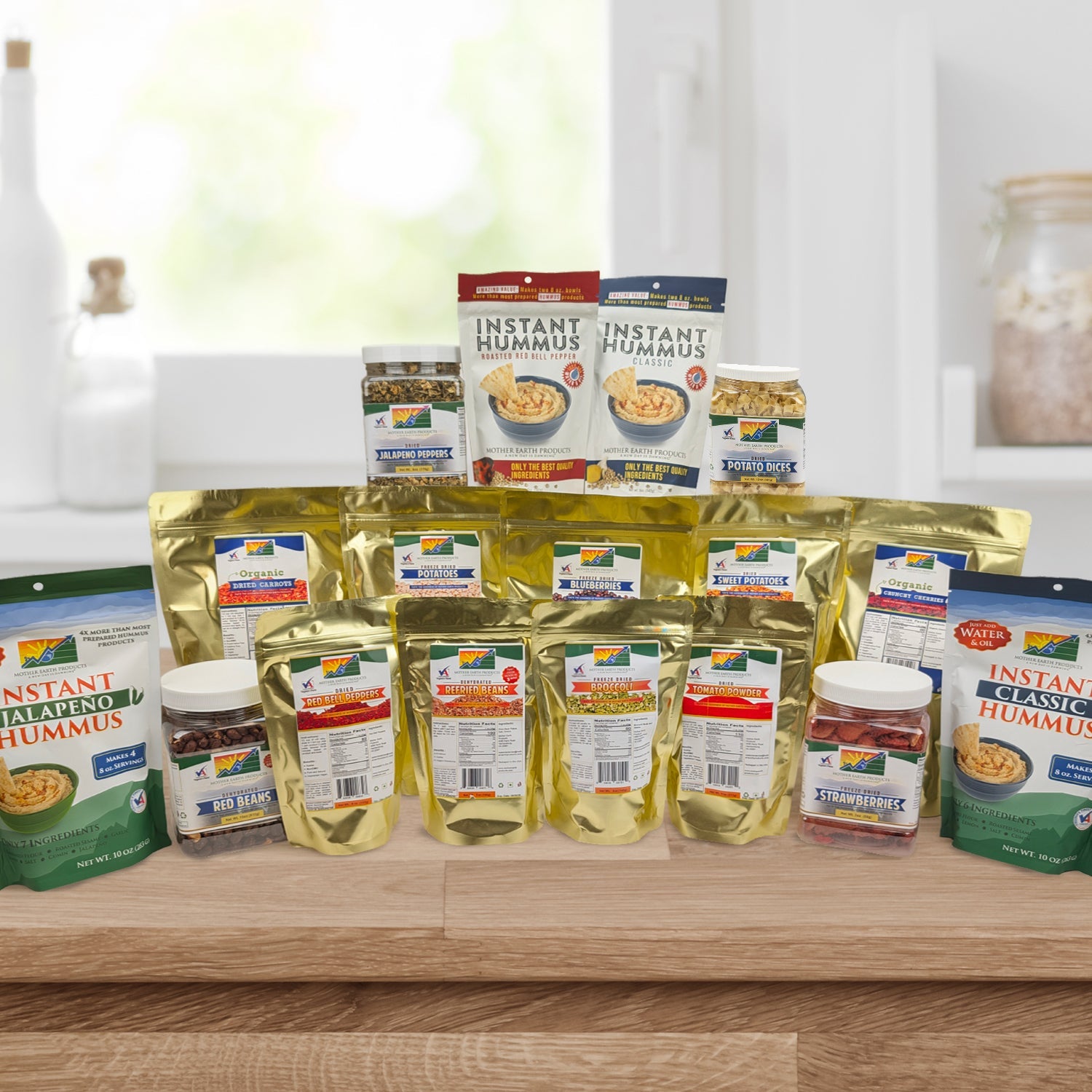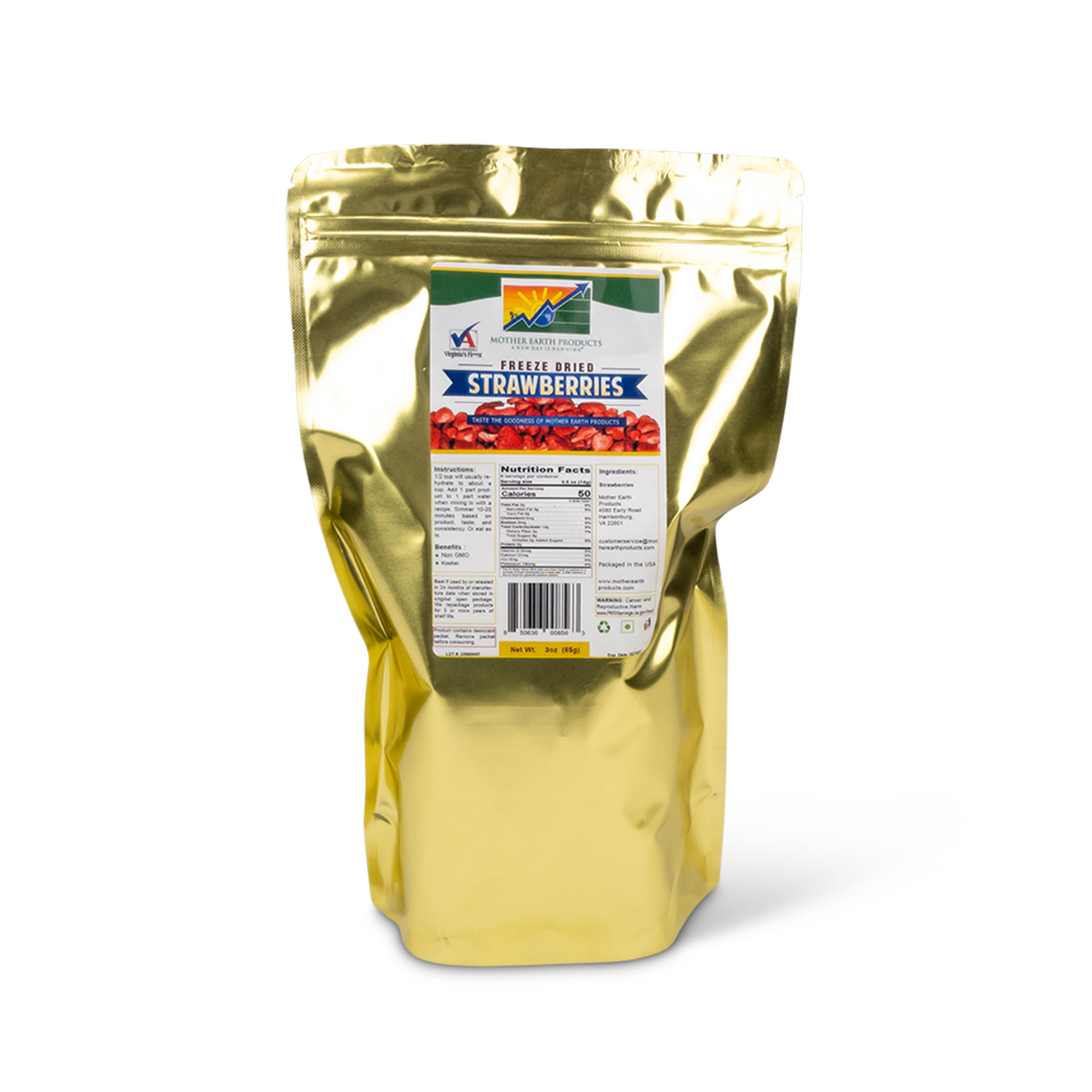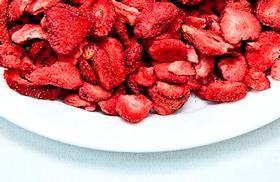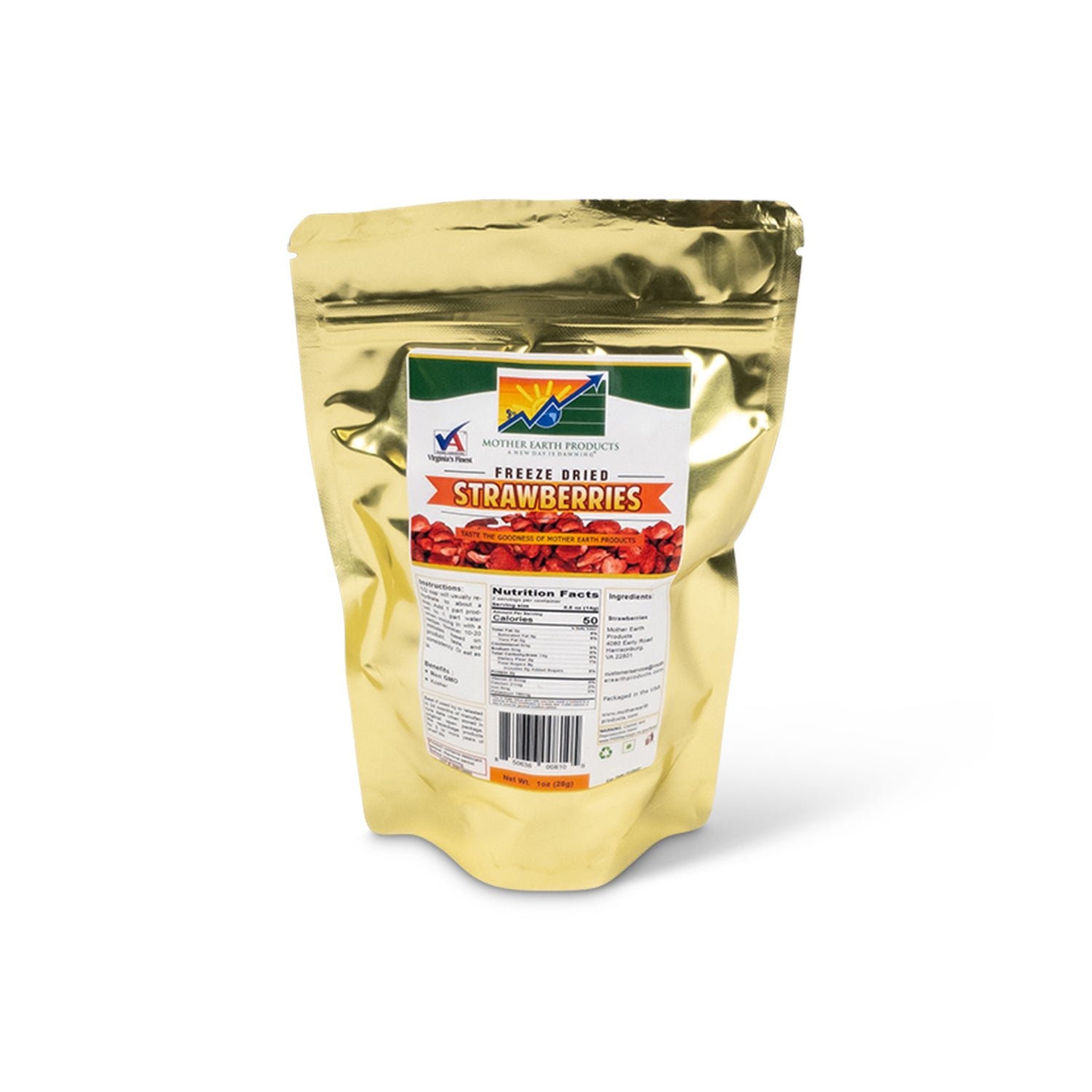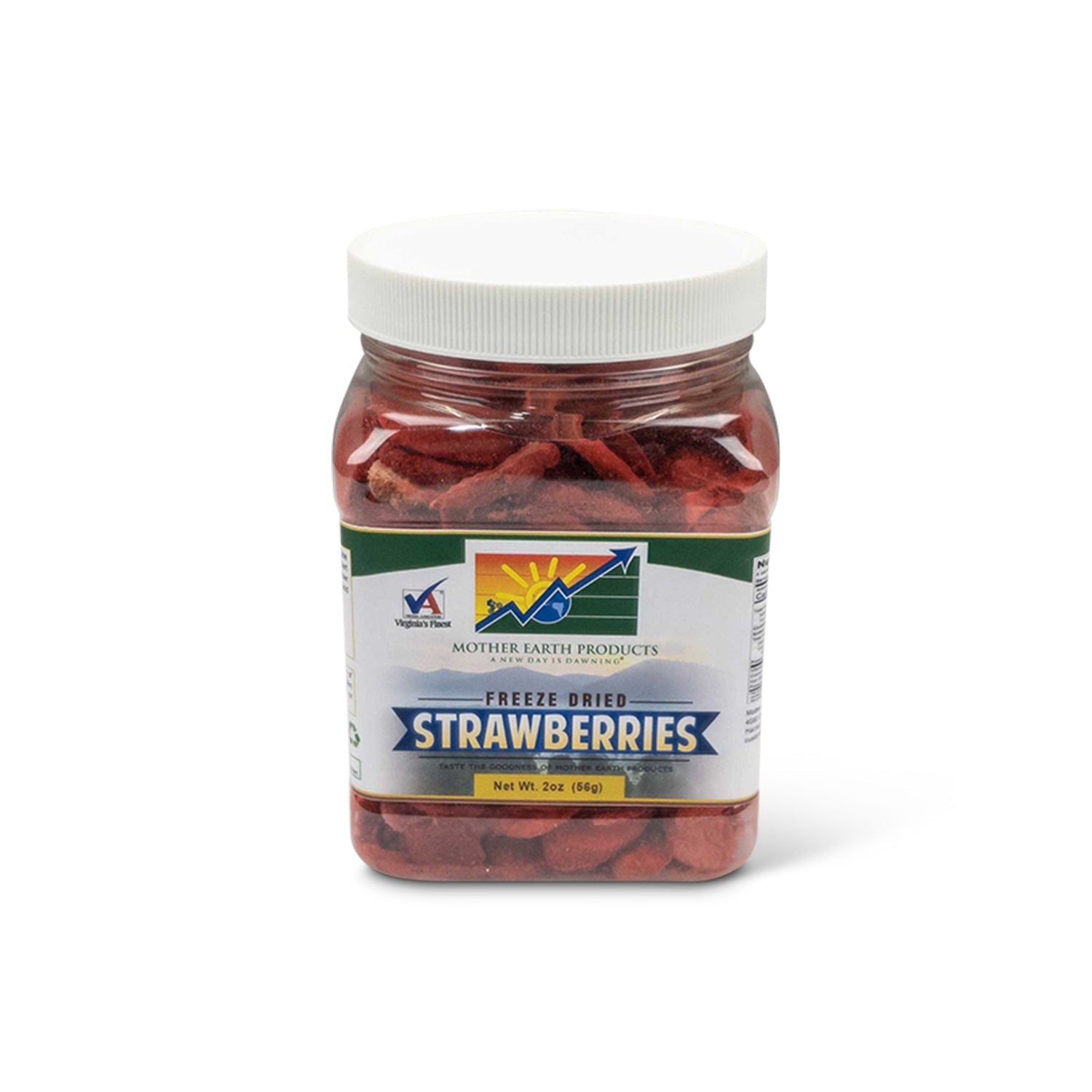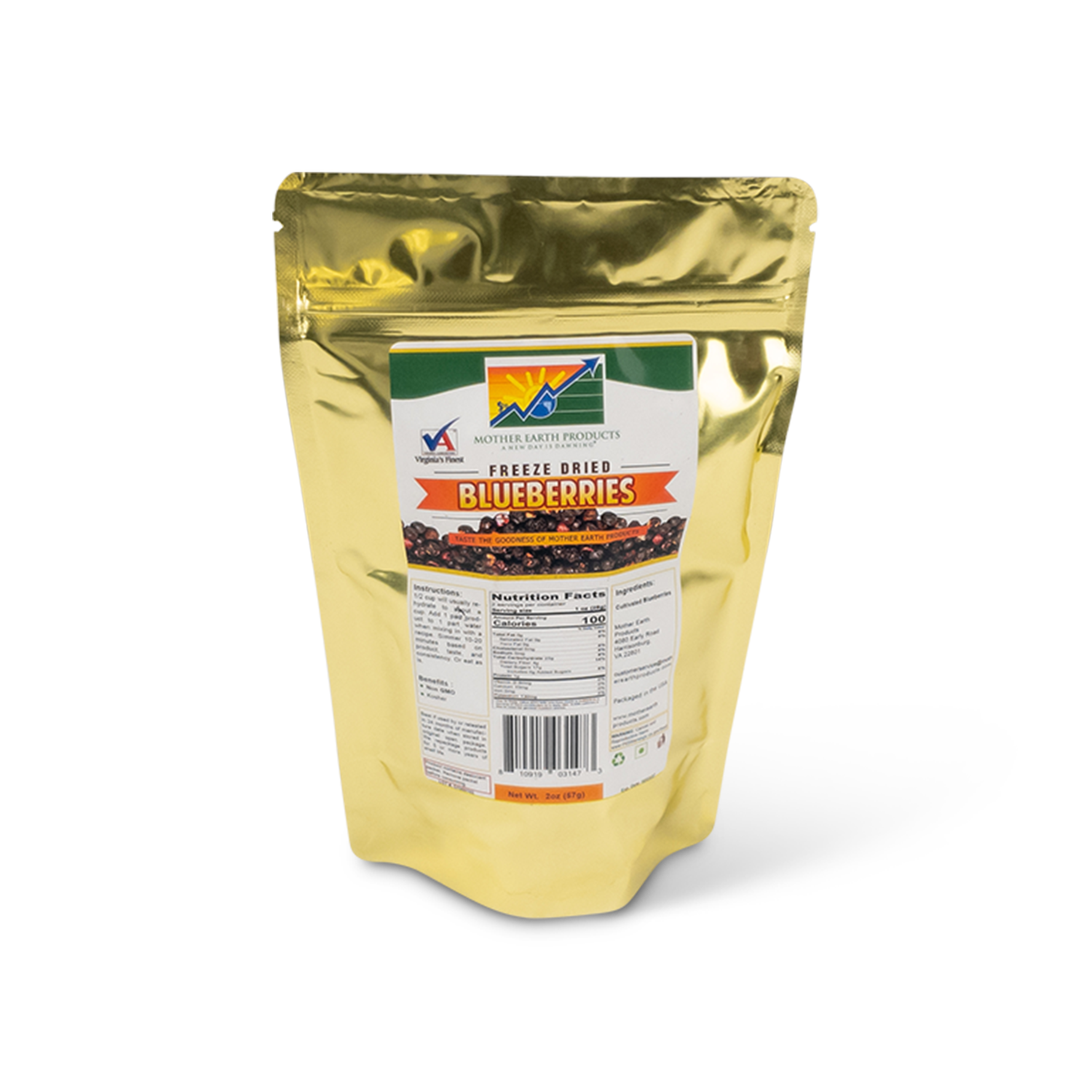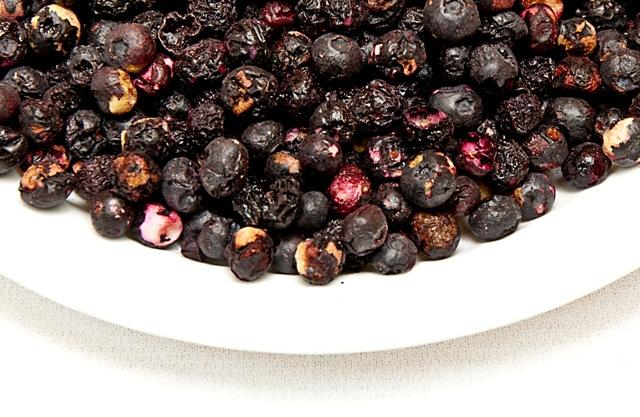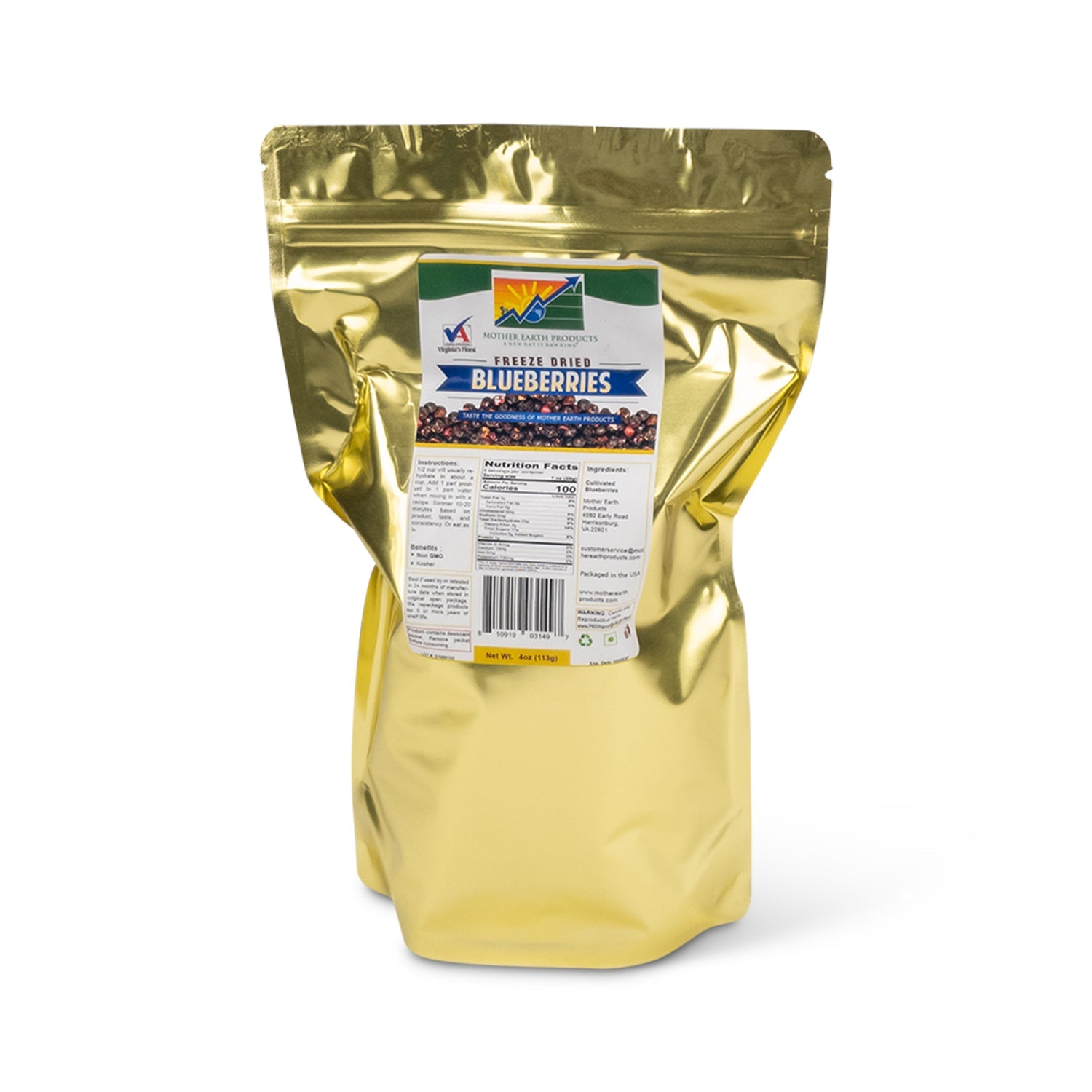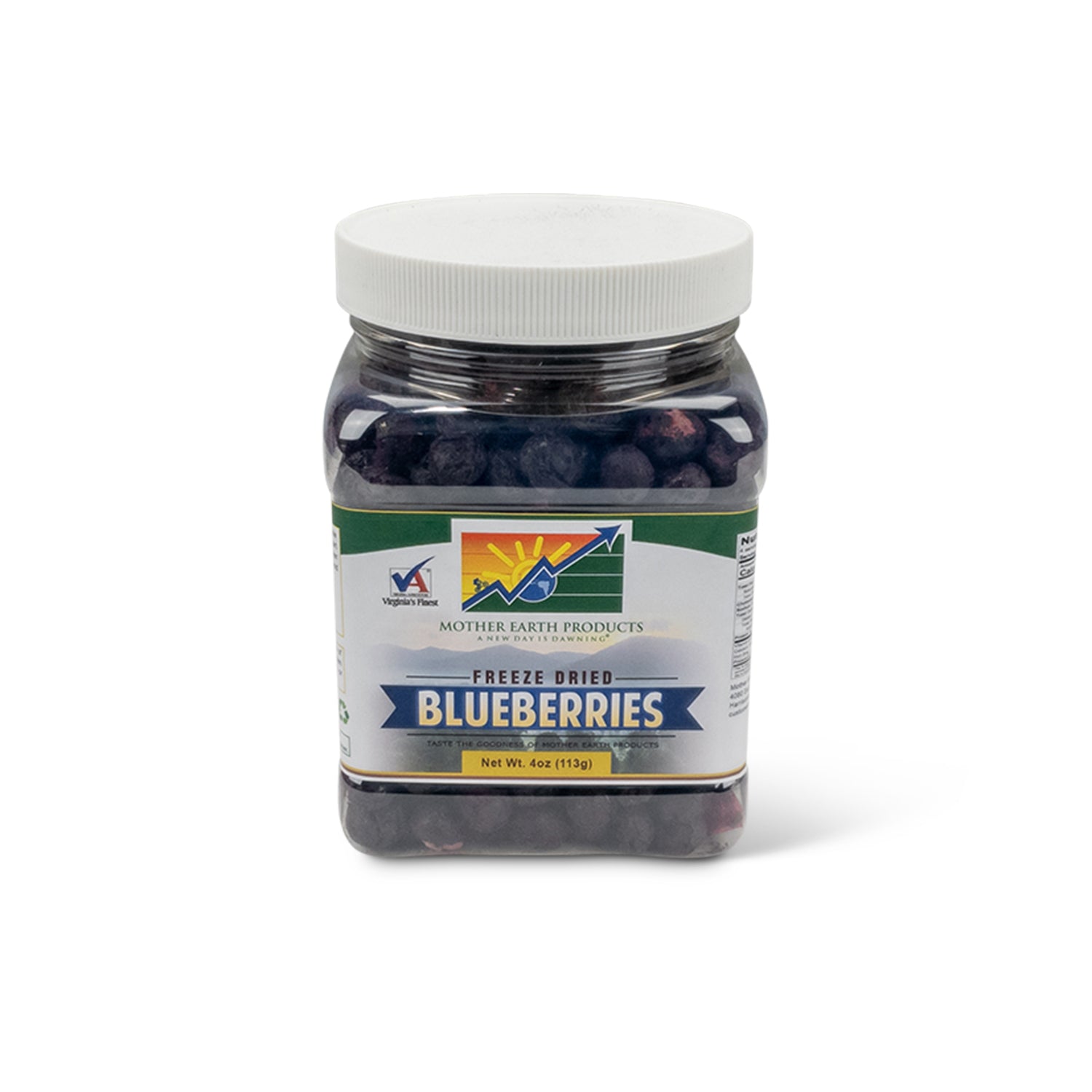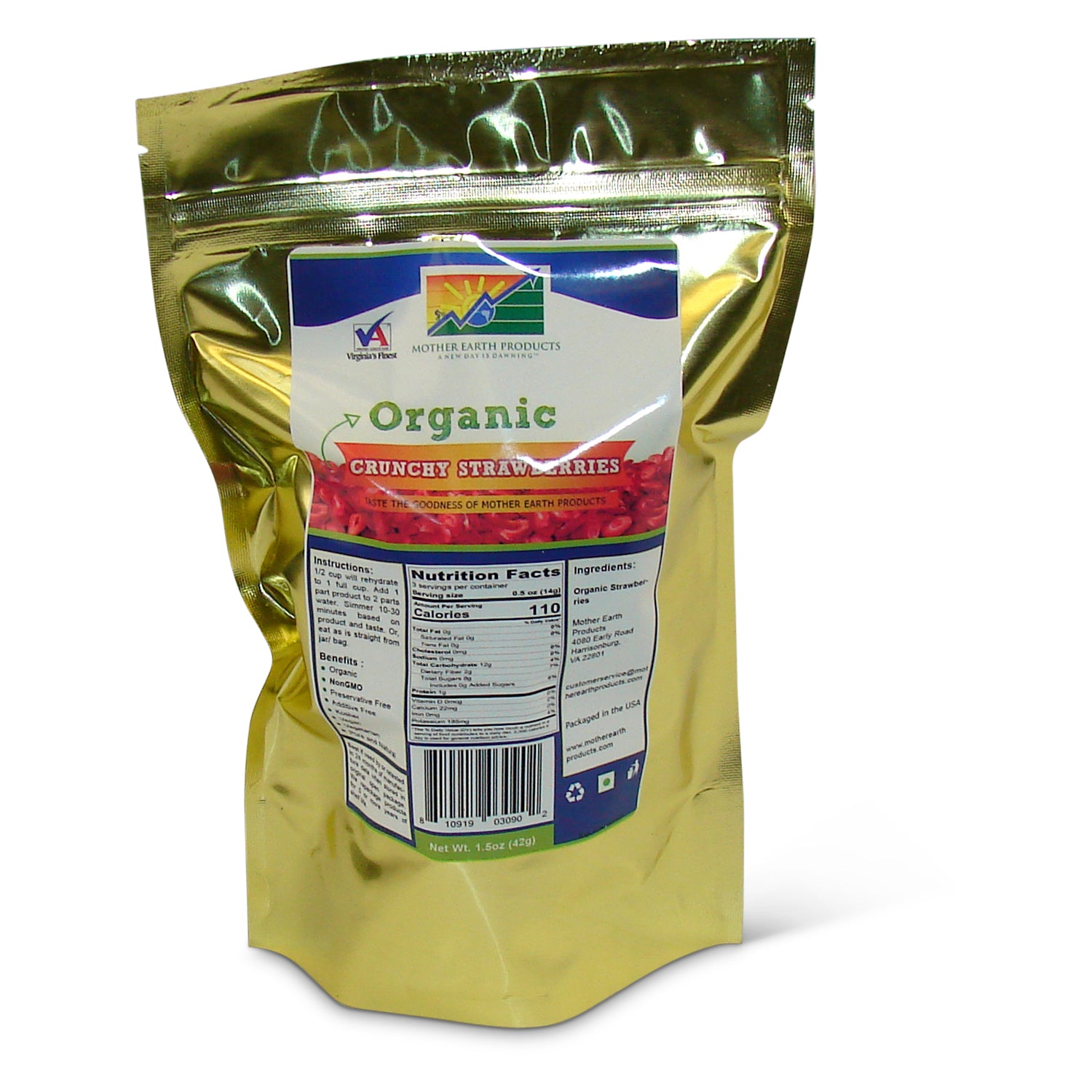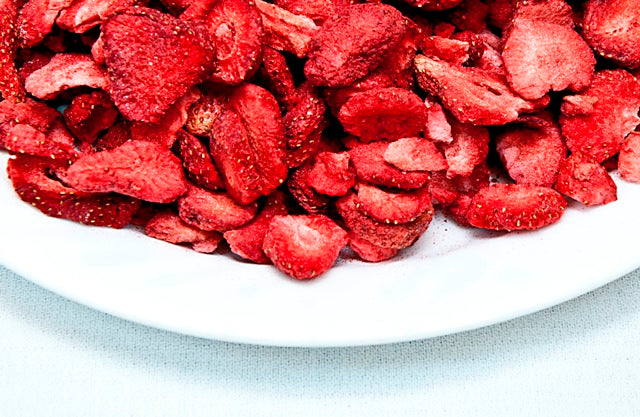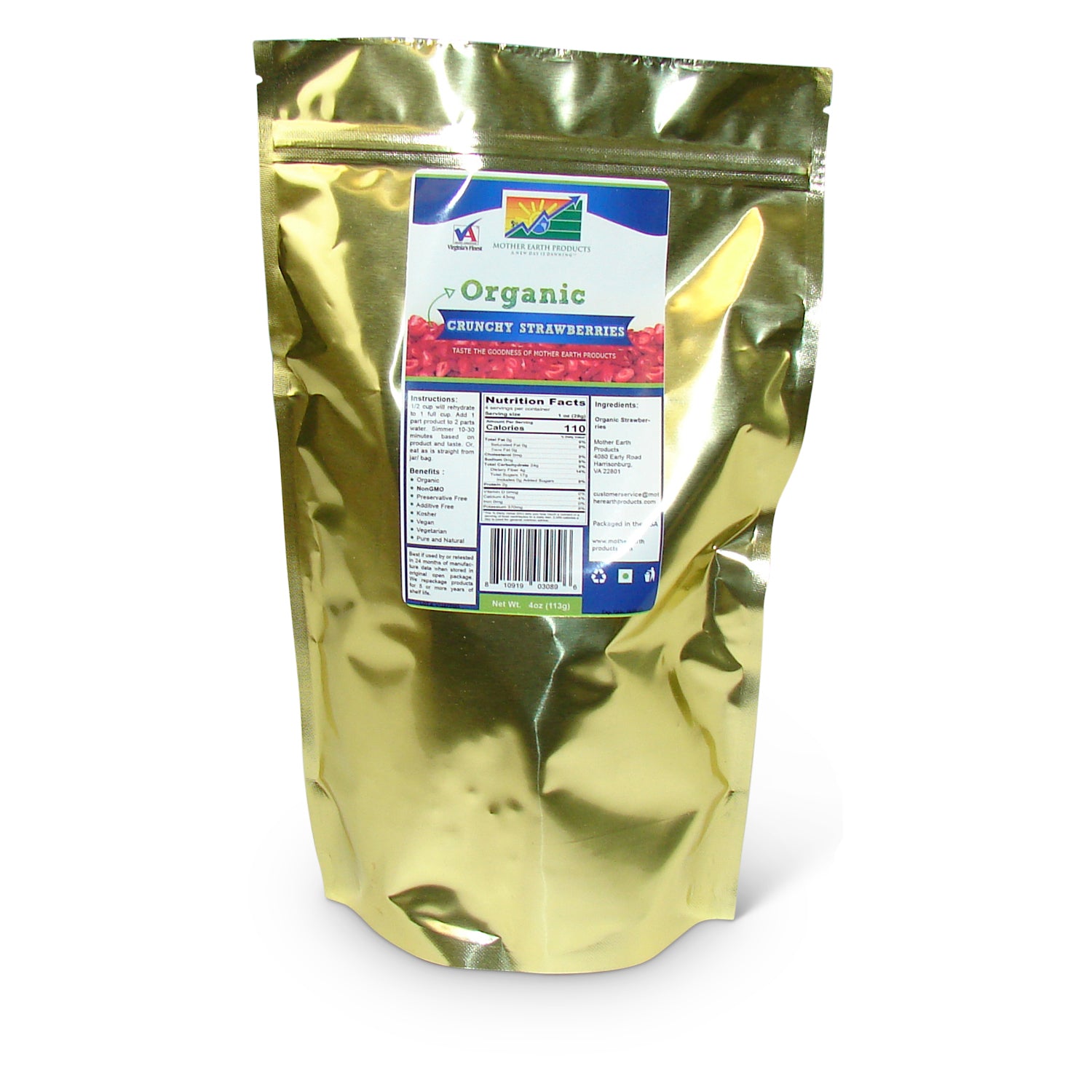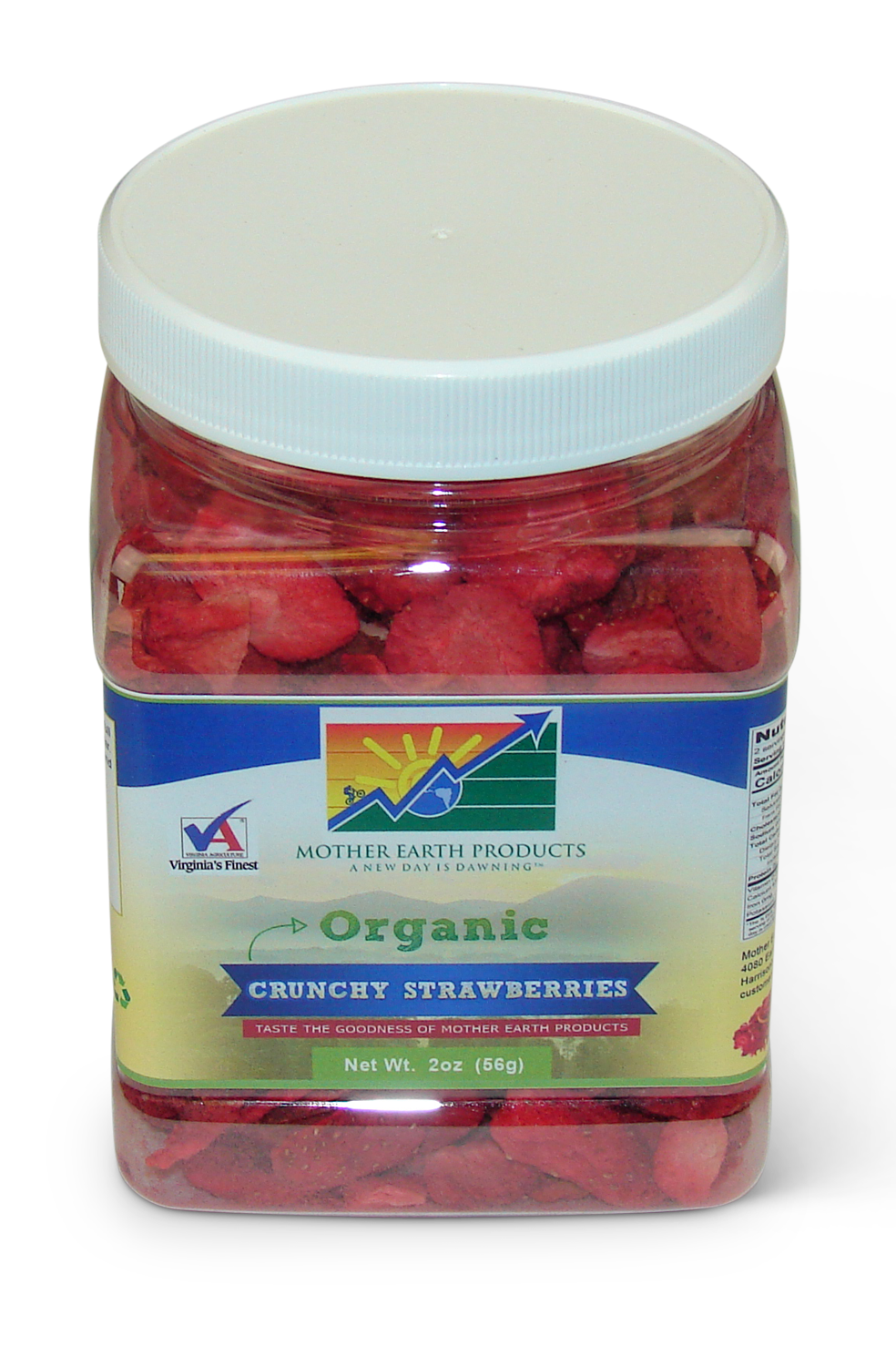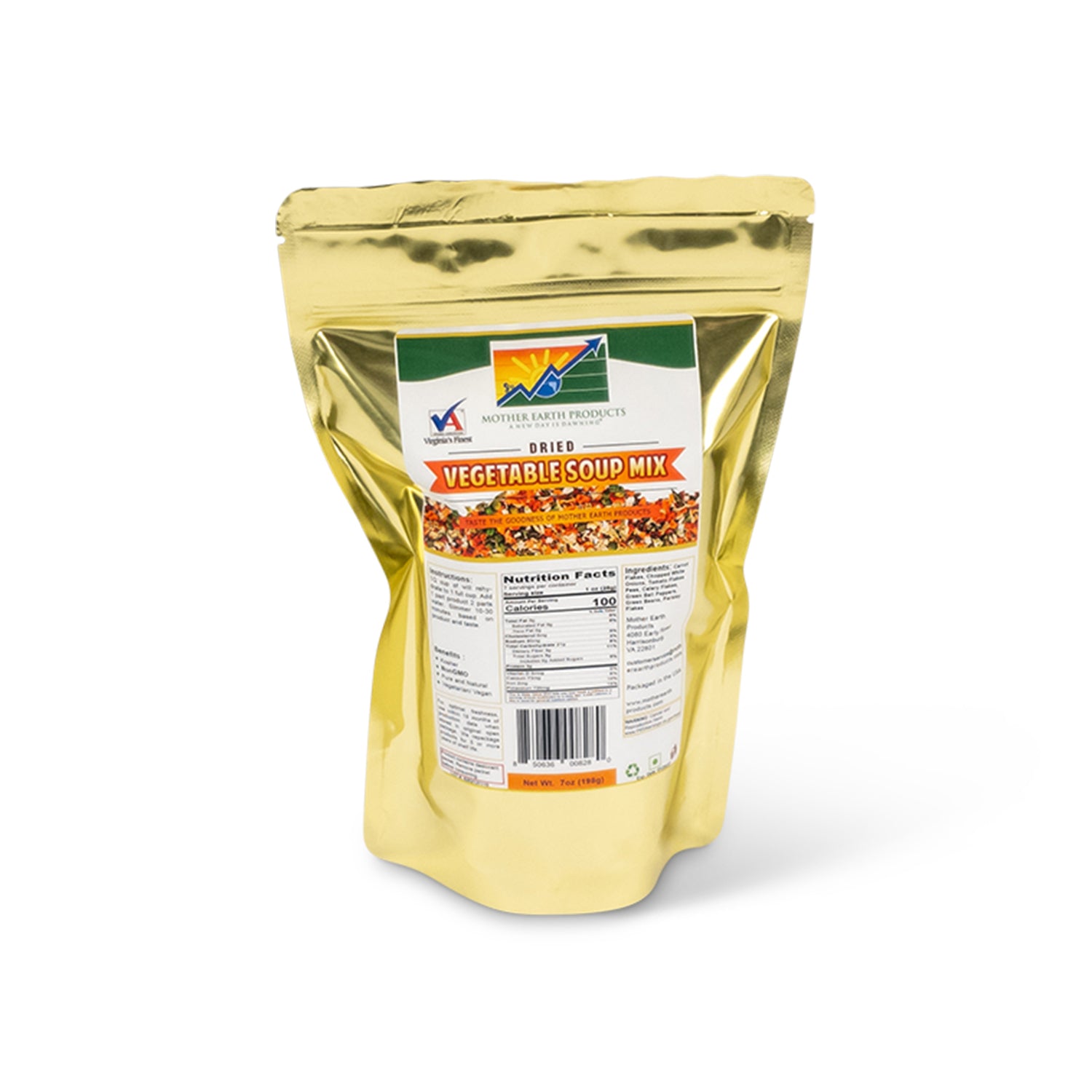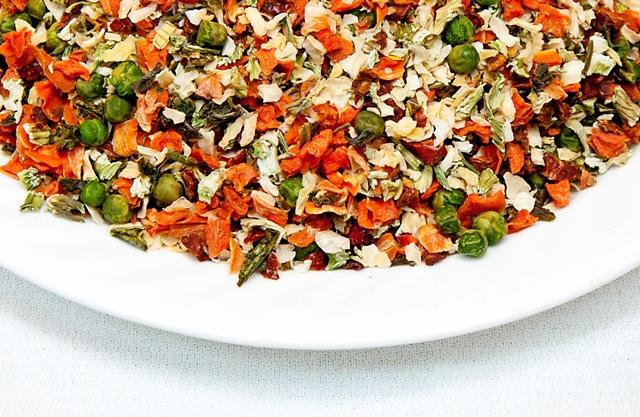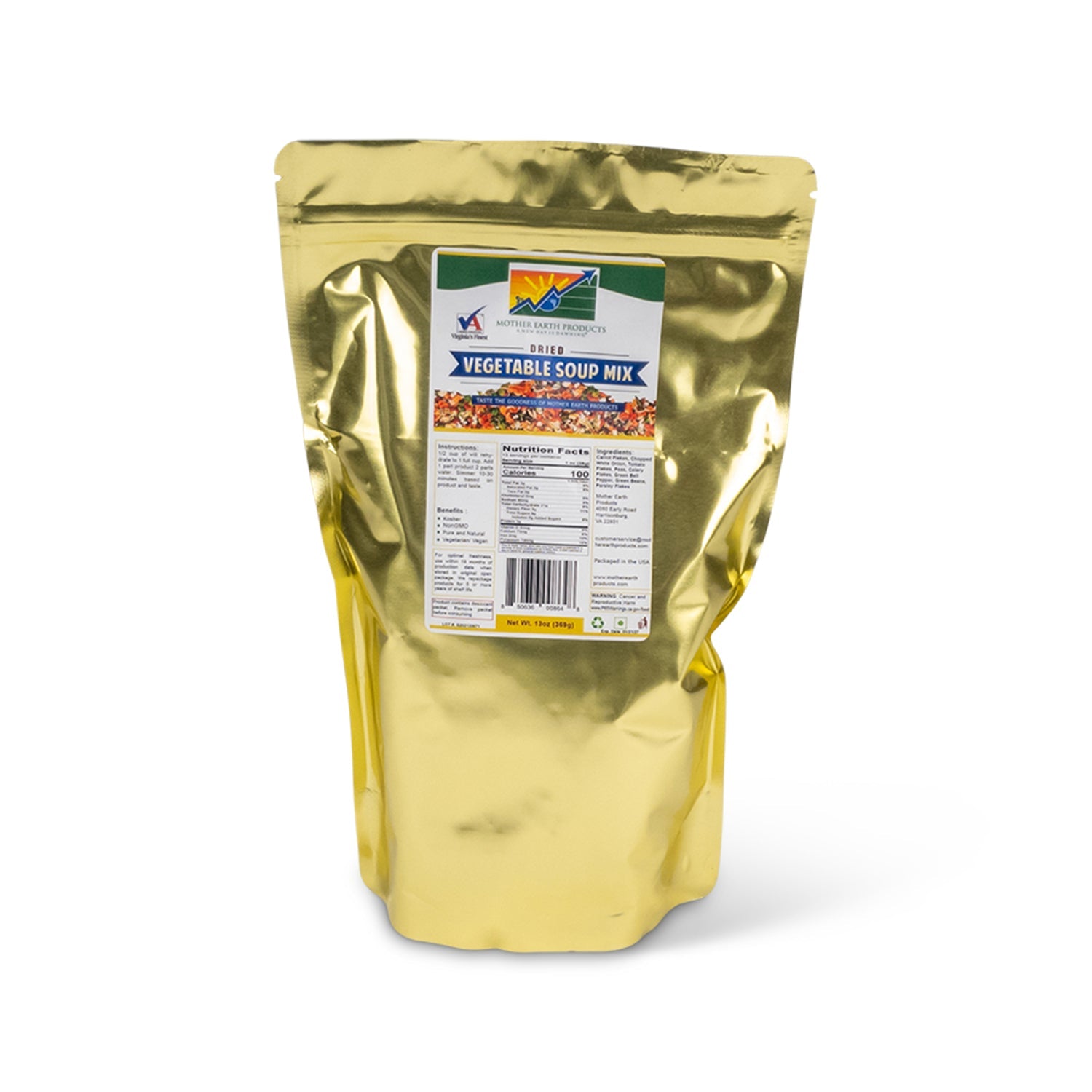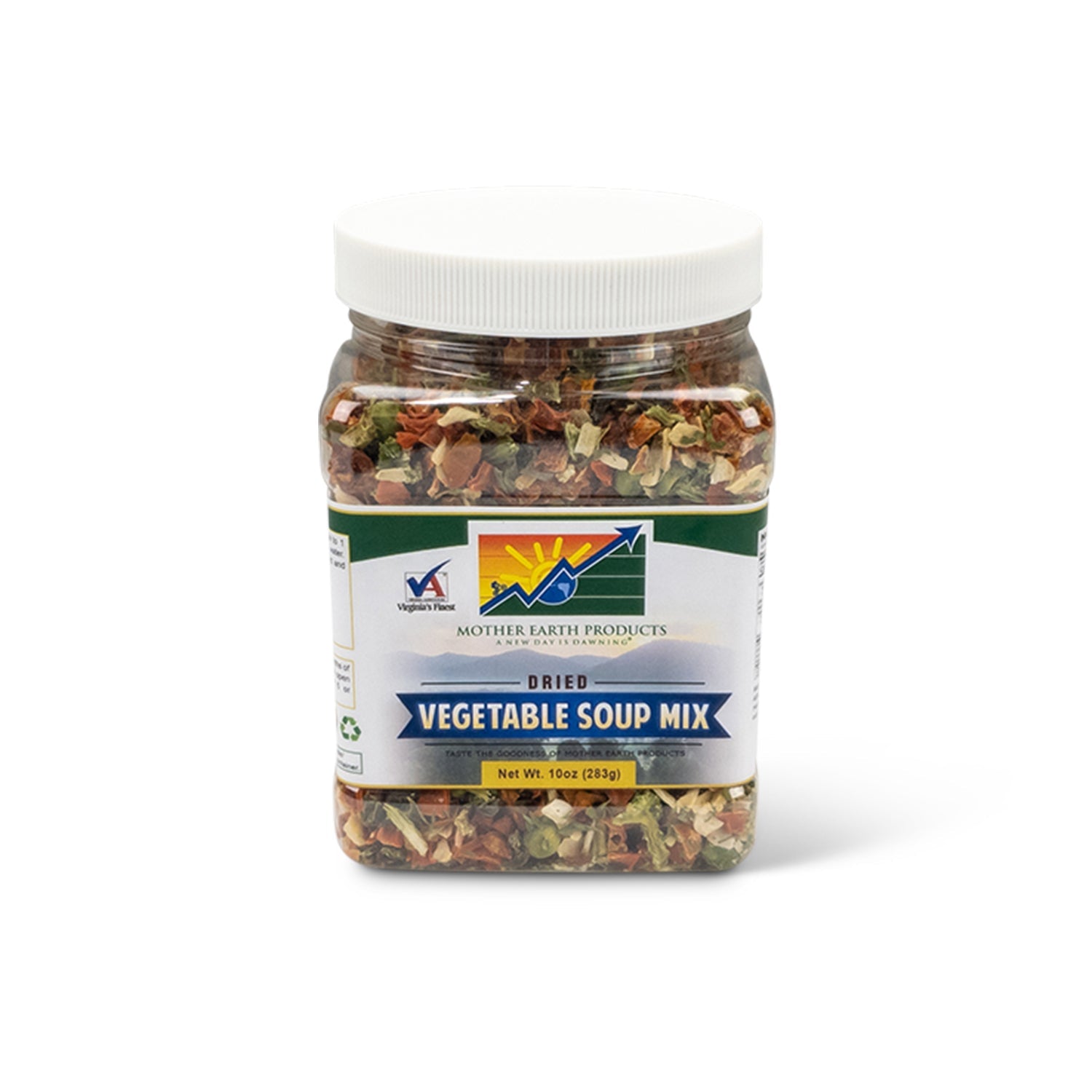Have you ever wondered why these microscopic nutrients are so important and how they can benefit your body? Since some of the foods we eat every date include vitamins, it helps to get to know them better and find out why they keeps us living and thriving.
Vitamins: The Need-to-Know
Vitamins, or organic substances, play a vital role in metabolism, cell function, and growth. If your body runs out of these substances, it could develop multiple medical conditions, some of which can be critical. Presently, 13 vitamins(1) are listed as essential, and they're divided into two groups based on the bonds they form.
-
Water Soluble Vitamins
-
Fat Soluble Vitamins
Fat soluble vitamins (Vitamins A, D, E, and K) attach to the fats in the stomach and are stored in the liver for later use. We store enough fat soluble vitamins to get by, so we are less likely to become deficient in them, but consuming massive amounts of vitamin supplements increases the toxicity levels in our body.
A Quick Guide to Essential Vitamins
-
Vitamin A
-
Vitamin B1 (Thiamin)
-
Vitamin B3 (Niacin)
-
Vitamin C (Ascorbic Acid)
-
Vitamin D (Calciferol)
-
Vitamin K (Menadione)
Vitamin K(12) is responsible for activating protein and calcium in your body, preventing hip fractures and muscle atrophy, and plays a significant role in the proper function of blood clotting. If there is a deficiency, one could be susceptible to bleeding. Load your body with vitamin K and save yourself a mess with eggs, our dehydrated and freeze dried broccoli, spinach, and other delicious green vegetables.
Final Thoughts
A balanced diet not only can prevent multiple diseases, but it can spare you the worries of the adverse effects due to over-consumption. Try to add as many vitamin-rich foods into your diet as possible, and always remember the golden rule: moderation is key!
References:
- http://www.health.harvard.edu/staying-healthy/listing_of_vitamins
- https://www.cancer.gov/publications/dictionaries/cancer-terms?cdrid=560347
- https://www.cancer.gov/publications/dictionaries/cancer-terms?cdrid=560348
- https://ods.od.nih.gov/factsheets/VitaminA-HealthProfessional/
- https://www.ncbi.nlm.nih.gov/pubmed/21777796
- https://www.ncbi.nlm.nih.gov/books/NBK222318/
- https://ods.od.nih.gov/factsheets/Thiamin-HealthProfessional/
- https://pubs.niaaa.nih.gov/publications/arh27-2/134-142.htm
- http://umm.edu/health/medical/altmed/supplement/vitamin-b3-niacin
- https://ods.od.nih.gov/factsheets/VitaminC-HealthProfessional/
- https://ods.od.nih.gov/factsheets/VitaminD-HealthProfessional/
- https://ods.od.nih.gov/factsheets/VitaminK-HealthProfessional/
